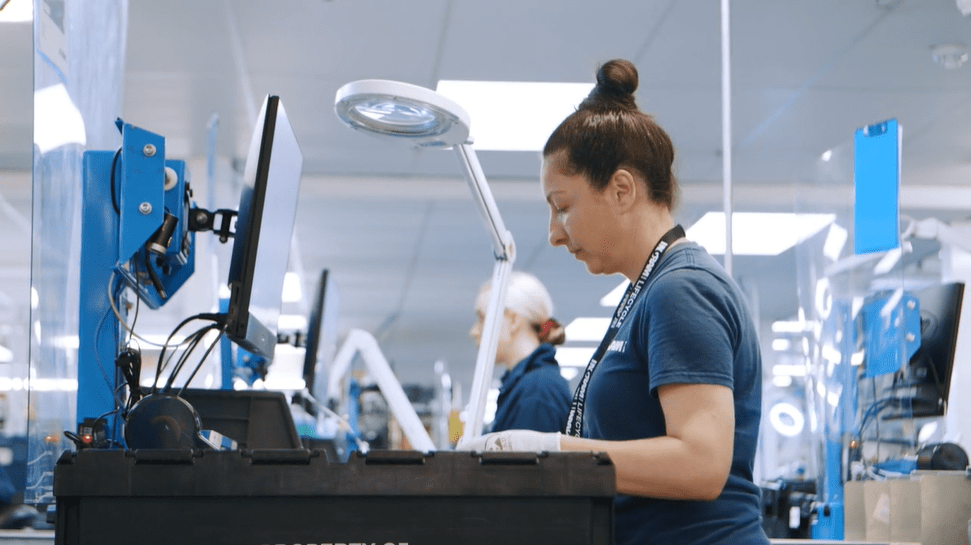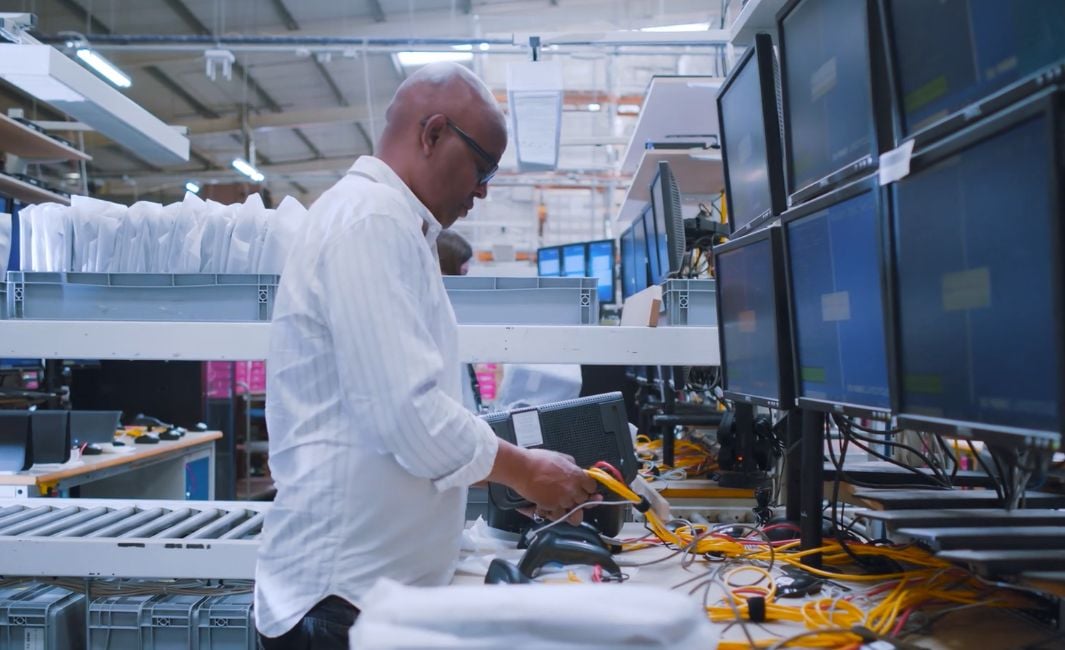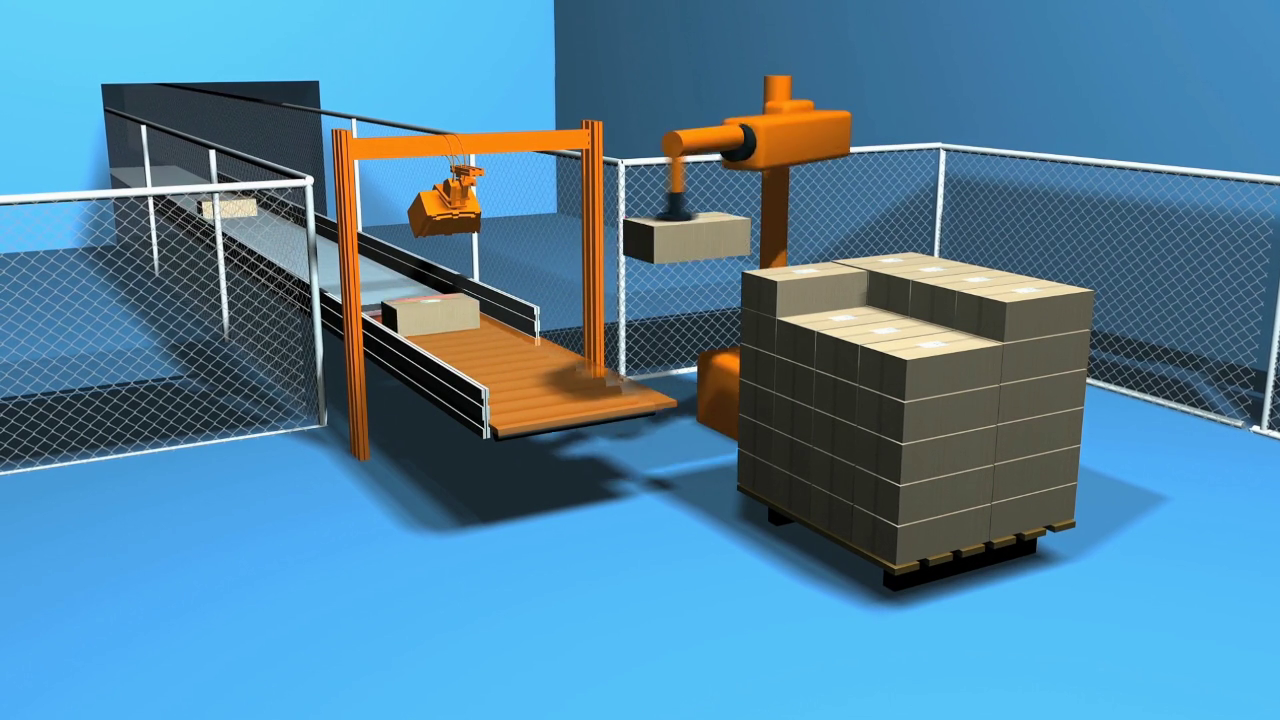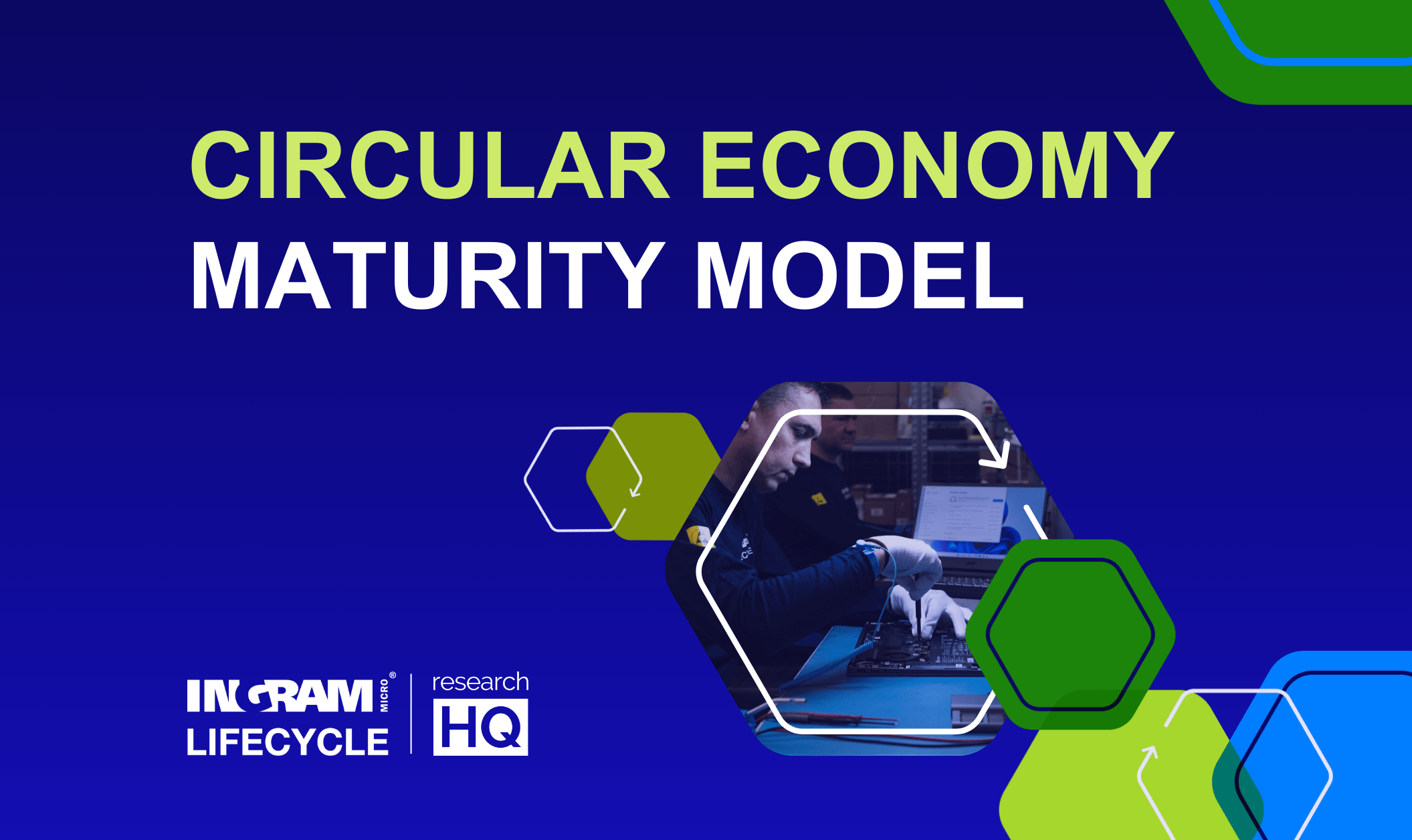Are you struggling to keep your reverse logistics processes aligned with industry changes?
Failing to stay agile when it comes to processing speeds, shifting market demands, and changing regulations can lead to increased costs and poor customer satisfaction.
Ingram Micro Lifecycle are a market-leader in creating innovative reverse logistics solutions for our customers to ensure maximum yields and outputs. We provide a full end-to-end solution, offering every step of reverse logistics from returns management and customer support through to recommerce and aftermarket sales.
We conducted an industry survey, “Reverse Logistics & Recommerce Revolution: High-End Consumer Tech & Circular Economy in Europe”. As a result, we put together one full report, as well as breaking the findings down into smaller topics.
The article below selects a few challenges and strategies, collected from the mini report, that are essential for organizations to enhance their reverse logistics. At the end of the piece, you can get a copy of the free mini report that contains the full list of challenges and recommendations, to download and read.
Returns processing capacity and backlog
The drive for enhancements in returns processing capacity and backlog is a prominent theme emerging from our survey data. It highlights a critical area of focus for businesses in the high-tech consumer retail, manufacturing, and OEM sectors.
Strategic recommendations for returns processing include:
- Prioritizing returns management: it is crucial for companies with a high demand for improvement to prioritize overhauling their returns processes, embracing advanced logistics solutions and technologies.
- Customer-centric approaches: efforts to improve returns processing must focus on the customer experience, ensuring policies are transparent and returns are processed swiftly.
- Continuous benchmarking: regular assessments against industry standards and best practices will keep returns processing competitive and up to date.
Discover the full recommendations and key survey findings in the report.
Innovating and adapting to shifting market demands and regulatory changes
As the high-tech consumer goods industry evolves, the need to adapt reverse logistics practices to sector-specific trends become increasingly apparent. Our survey reveals how High-Tech Manufacturing, OEMs (Original Equipment Manufacturers), and High-Tech Retail sectors approach reverse logistics, highlighting unique practices and preferences that can inform strategic decision-making.
Actionable recommendations for agility:
- Leverage sustainability: for OEMs, sustainability practices can serve as a differentiator in the market beyond meeting regulatory demands.
- Foster Cross-Sector Collaboration: The diversity across sectors indicates opportunities for collaborative efforts that could improve efficiency and sustainability in reverse logistics.
Read additional recommendations in the downloadable report.
Integrating sustainable practices
As reverse logistics evolves, sustainability initiatives like comprehensive recycling and refurbishment are increasingly becoming critical components of operations. These practices contribute to environmental responsibility and present opportunities to unlock economic value from returned assets.
Integrating recycling and refurbishment poses several challenges, including:
- Economic Value Communication: Articulating the economic value of assets is essential to prevent unnecessary recycling and to find markets for refurbished products, thereby avoiding disposal and unlocking value.
- Market Development for Refurbished Products: Identifying and creating markets for refurbished items is a crucial challenge, as it involves processing and successfully remarketing the products.
- Brand and Sustainability Impact: Brands now face the risk of reputational damage from unsustainable disposal practices, making it imperative to find second lives for products and to communicate these efforts transparently to consumers.
- Materials Refinishing and Specialist Techniques: Moving beyond basic repairs, reverse logistics now involves sophisticated materials refinishing and specialist cleaning techniques, requiring high engineering and process innovation.
Our mini report outlines much more so be sure to grab your FREE copy of this industry insights report.
Other reports in this series:











